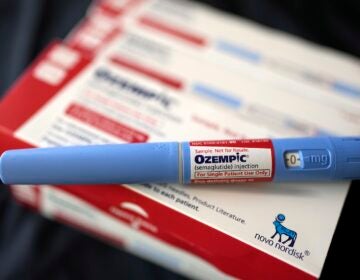Year three Race to the Top progress report for Delaware
-

-

Langhorne Carpet Company gives away more than 5,000 pounds of yarn after a 2013 fire forced the company to get new materials for quality control. (Kimbelry Paynter/WHYY)
-

-
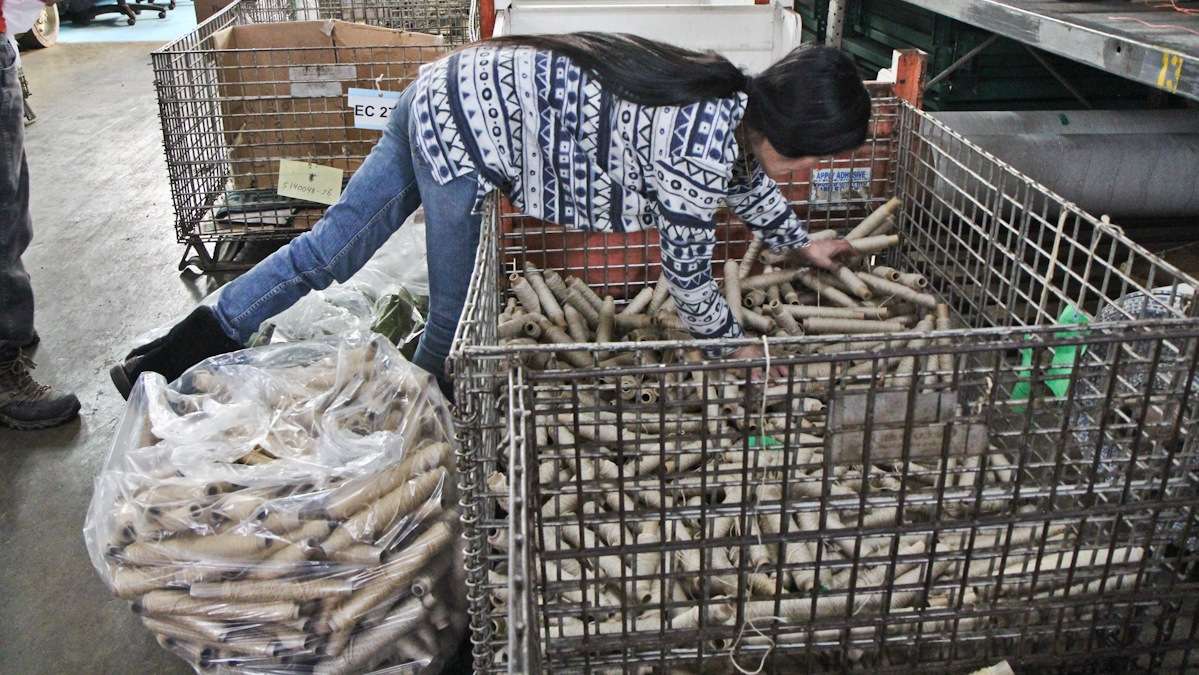
-
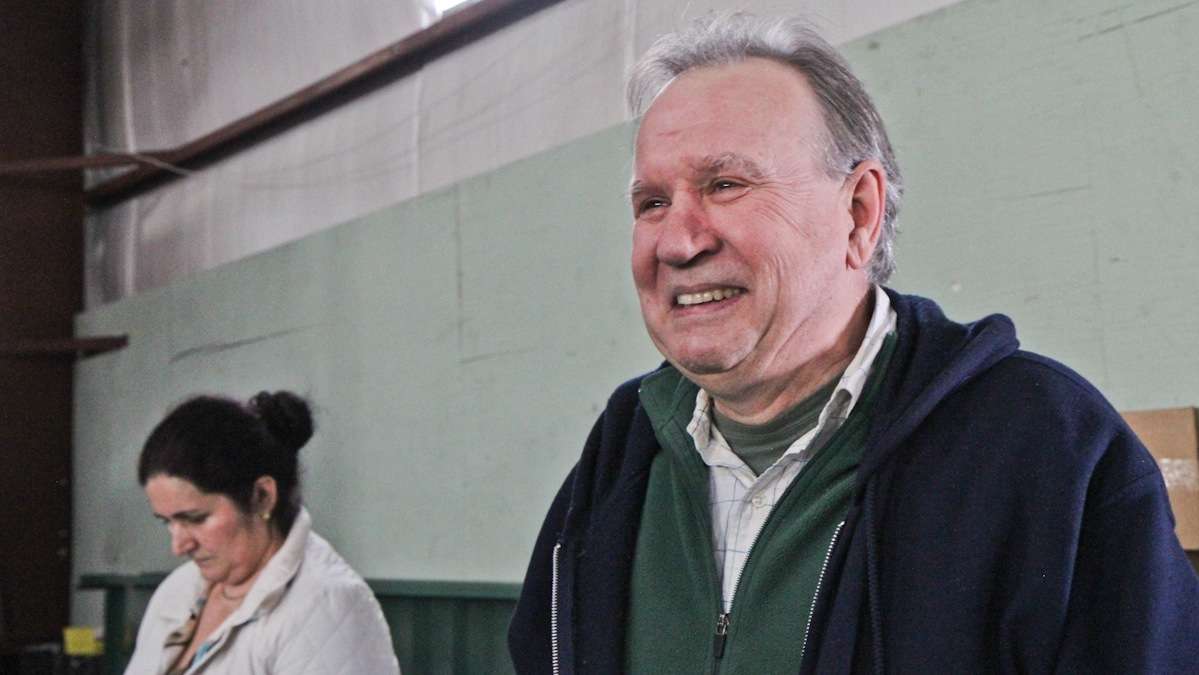
-

-

-

-
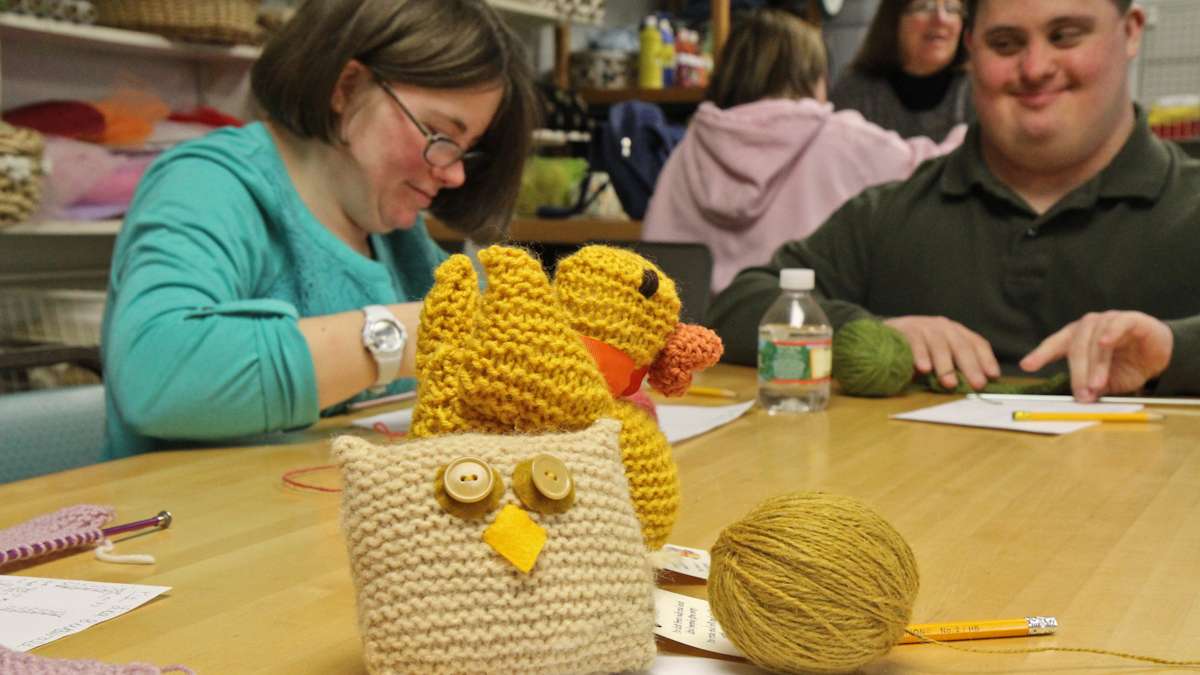
-
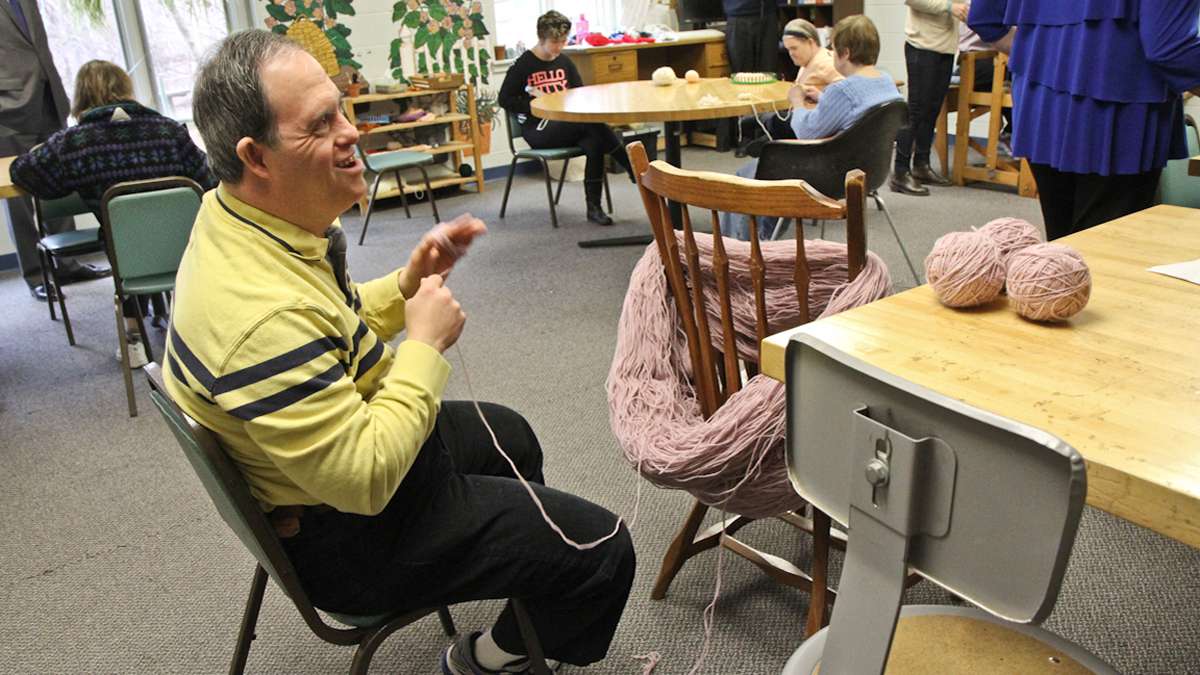
-

It seems as if there is less planning and more doing as Delaware wraps up its third year of implementing the $119 million federal Race to the Top grant awarded in 2010.
“We’re starting to see the investments made three years ago enter the classroom,” said U.S. Secretary of Education Arne Duncan. “It’s too early, obviously, to draw any big conclusions about impact on student results… but it’s exciting to see the real progress the states are making.”
The U.S. Department of Education released state-specific Race to the Top progress reports today for the 12 winners chosen in the initial two rounds of the program, which includes Delaware. This year’s report provides an analysis of Delaware’s progress from summer 2012 through September 2013.
According to the report, Delaware students considered proficient in English language arts and math on the state assessment went up 11.2 percent and 7.9 percent, respectively, from school year 2010-2011.
The report also shows a significant increase in proficiency on National Assessment of Educational Progress assessments. NAEP is often referred to as America’s report card.
“Between 2009 and 2013, Race to the Top states made up the majority of states in the top quartile in terms of NAEP reading improvement,” Duncan said. Delaware also saw a significant increase in proficiency on the Grade 4 NAEP math assessments, the report points out.
“Our educators and district leaders deserve credit for improvements we have seen. They’ve taken ambitious plans and turned them into reality,” praised Gov. Jack Markell, D-Del.
Delaware spending in year three
Along with improved scores on national benchmarks, Duncan says Race to the Top funds afforded students access to more learning opportunities like AP courses and the latest technology.
Here in Delaware, the funds went, in part, towards drafting two-year rollout plans to seamlessly implement Common Core State Standards in Delaware schools. The state also partnered with the Harvard Stragic Data Project to measure students’ college readiness, enrollment and retention and to help it identify ways to improve teacher recruitment, placement, development and retention policies. Money also helped pay for what has become a controversial teacher evaluation system.
“Delaware is also starting to do something that, I think, is so important, and frankly, lacking in too many places. Delaware is beginning to identify top teacher talent and incentivize those extraordinary teachers to work and to stay in their most challenging schools, which historically have been under served,” Duncan highlighted.
“Our educators and school leaders have seized the opportunity provided by Race to the Top and have utilized this funding in some powerful ways – from improving curricular materials to increasing parental engagement to strengthening early childhood development,” Delaware Secretary of Education Mark Murphy said. “Now is a good time to celebrate the impact of their work with our students.”
Challenges in year three
The report lists significant turnover within Delaware’s Dept. of Education as a challenge, resulting in some uncertainty and project delays.
A contentious teacher evaluation program was also listed as a major challenge. Many have balked that a teacher’s worth and ability to teach cannot be measured only by how students perform on standardized tests conducted at the beginning and end of the school year.
A STEM residency project, covered by WHYY and aired on First in April 2011, is now defunct. The program provided a pathway for aspiring STEM teachers, but was discontinued due to lack of interest.
Results from Delaware’s “Partnership Zone” have been mixed too. The state identified struggling schools and targeted resources to help them turn things around. The report states most schools demonstrated only modest gains for their students.
Goals for year four
Milestones for the final year of Race to the Top include improving the quality of Common Core implementation, using a new statewide assessment called Smarter Balanced in lieu of DCAS, Delaware Comprehensive Assessment System, and fine tuning the way the state evaluates its teachers.
Delaware’s grant ends on June 13, 2014, but it has asked the federal government for an extension: a fifth year to spend about $12 million in unused Race to the Top funds. U.S. education leaders say the request is still under review.
Earlier this year, First asked whether Delaware schools were any better off as a result of winning the education grant. Supporters and critics agreed it was too soon to tell.
WHYY is your source for fact-based, in-depth journalism and information. As a nonprofit organization, we rely on financial support from readers like you. Please give today.




